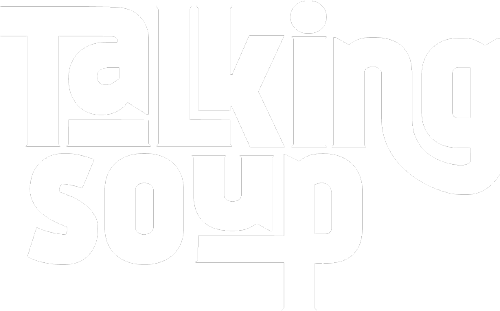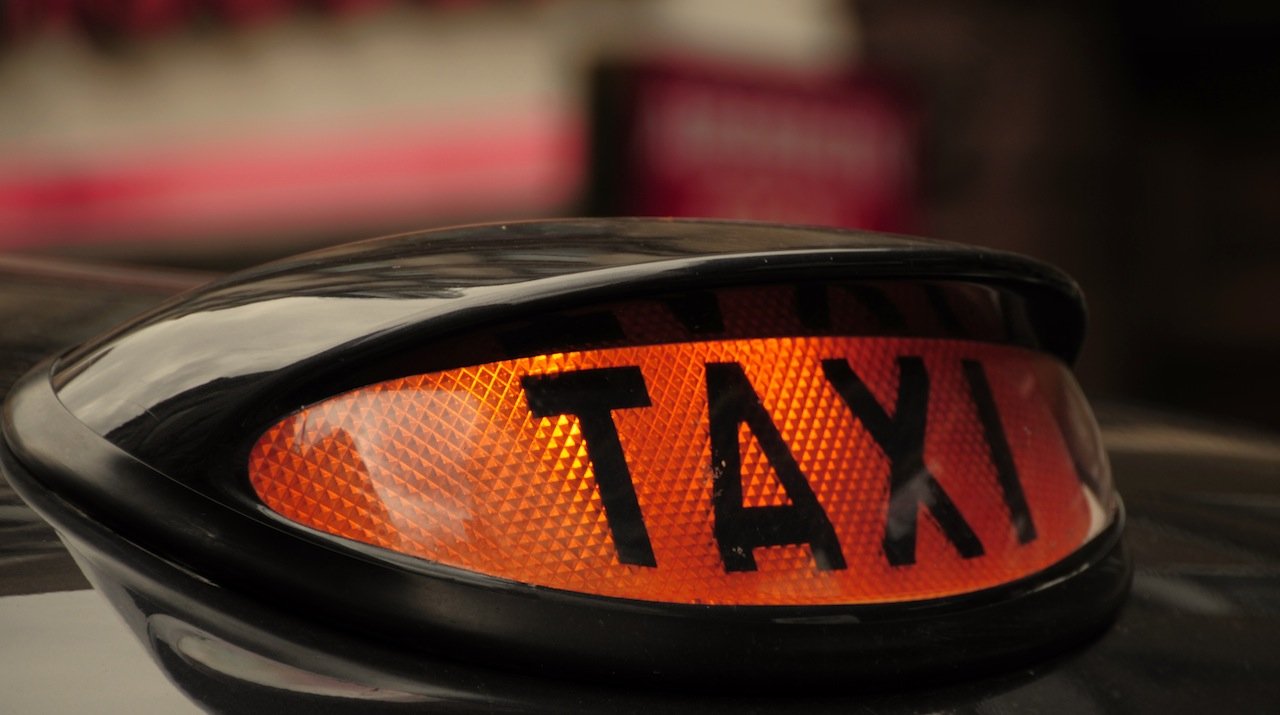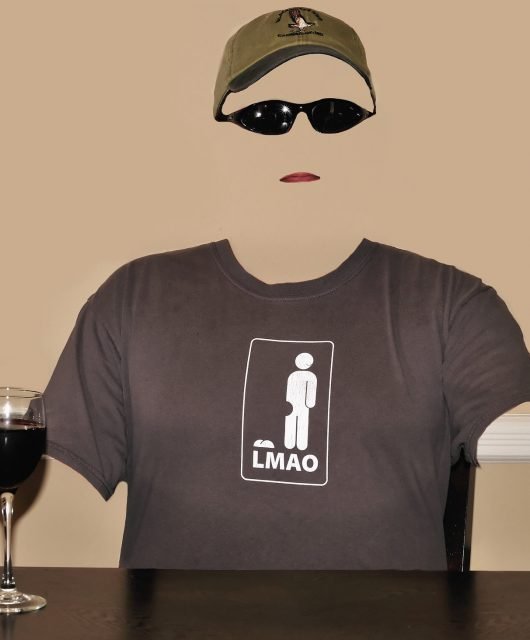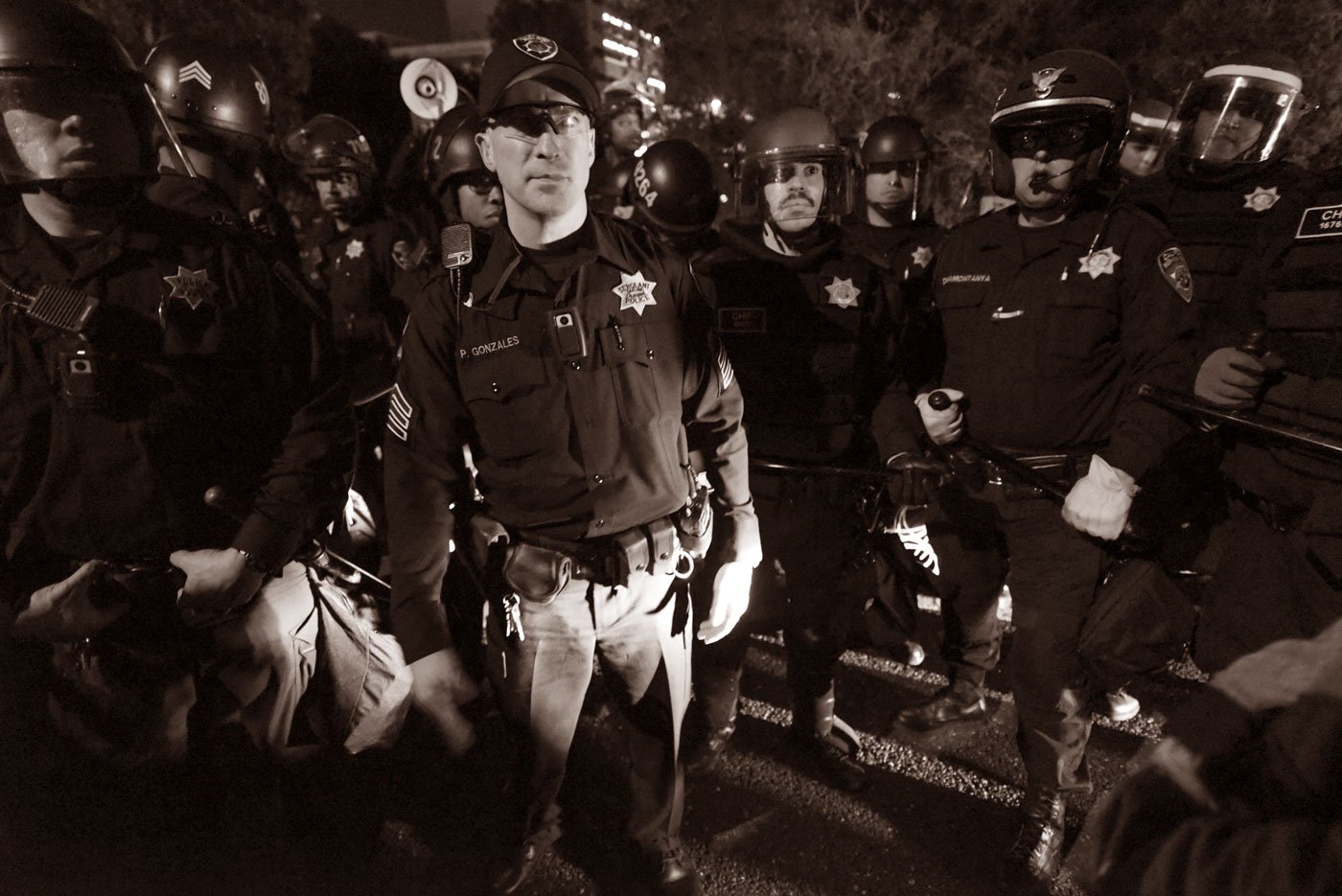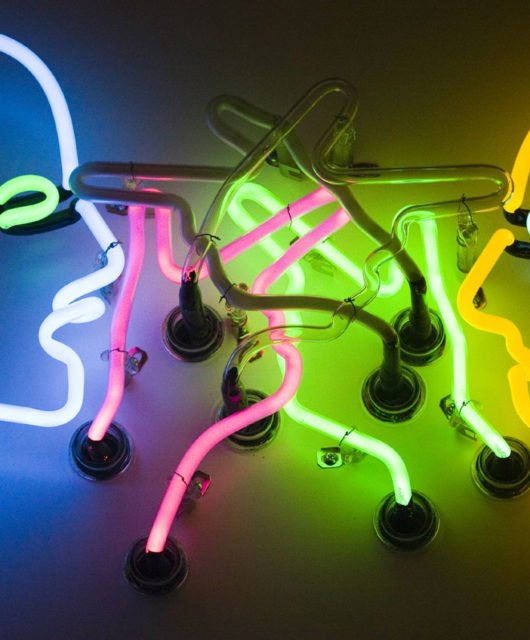It always starts with something: that glance across party rooms, that foolishly brave approach at a bus stop, that awkward handshake after a mutual friend’s introduction, or, increasingly, one of those bubble number popups on a screen we’ve become familiar with. Those smooth bits of digital code wrapped in the finest design a poorly-paid intern could come up with hold out a kind of promise.
When you’re in a new and unfamiliar place, without knowing especially who to talk to or what to do, the promise of that blinking digital light takes on even more significance; it says you’ve been noticed, it says you’re alright enough and, most of all, it says that someone you don’t have a prior obligation with is willing to take that most human of jumps to spend an evening of their life with you in hope of something greater still.
There was a distressing similarity of myself to the cliché of the young-20s go-getter with respect to moving to London. Not to bore, but it was one of those ones with an internship, a foundation grant and 10 weeks sharing a Docklands Light Rail car with seemingly half the population of the world and a cramped AirBnB apartment with a group of New Labour professional types. I’d switched over the location on my long-unchecked OkCupid profile for the occasion, telling myself that I didn’t think much of it, but really holding out a weird kind of hope that everything might just work out this time. Surely, London had everyone from every land of the dead empire in its sprawl and, surely, one of them might take that jump with me.
I suppose that now is as good a time as any to mention that, being asexual, my exact form of that “jump” isn’t the same as most others. Much of my hesitance in meeting people in the traditional ways, and subsequent general lack of success in this realm, has come a kind of fear of misperception. Short of wearing a sandwich board reading “no sex, please, and I’m not even Irish”, the mystification of that realm of human interaction makes broaching the subject in bald terms quite a challenge. Online dating, flawed as it might be, at least allows for an accepted degree of upfront discretion about these aspects of preference that most of us would be too polite to bring up at the outset of a potential relationship. Even in a city of 12 million, the chance of randomly meeting another of the roughly 1% of the population that is asexual is quite a remote one, so, we entrust our fates to the mystery of match algorithms and to the kind of honesty that keyboards and screennames allow.
Between work and museums and concerts and an unfortunate incident of losing a wallet in a foreign country, I’d managed to schedule a couple of dates for the first 5 weeks, but both had fallen through in that odd way that makes you believe you did something terribly wrong without knowing exactly what it was. Though I would idly click about a bit whilst waiting for the train and tube, I’d basically given up the serious possibility of finding someone and was in a half-resignation of mere fun evenings for the rest of my time in the Great Wen. It was, then, though, that one of those hopeful digital bubbles came to me. Being a chronic self-doubter, I suppose I’ll always wonder what it was about me that stuck out for her, but, never also being one to argue with luck’s blessings, I was greatly enthused to meet up.
It wasn’t the most auspicious of first encounters, involving a number of digital iterations of that London proverb “due to a train fault”, a rather bad in retrospect decision to run full-tilt to meet-up on a summer’s noon and culminating in a fainting spell (on my part) in the middle of the standing section of Shakespeare’s Globe. What I most remember though, is after that, her waiting with me in the heat stroke recovery room and the look of utterly genuine concern and empathy she wore. It was then I knew there was something to her, to London, to all of it, something that felt deeper, more real, than what had come before in my life.
From there, I don’t think I’d ever seen or wanted to see so much of someone over such a short period of time. It is in that whirlwind of days out in parks, of nights of meetings for tea, that it was possible to believe in those mythologies of what big cities do to young hearts. It wasn’t New York, or Paris, or Rome, but then again, maybe I wasn’t, maybe we (if there was a “we”) weren’t those places.
And, yet, just as quick, it was over; there were conferences in York, PHD theses at King’s College, degrees and bills and lives to go back to for the autumn. On the last time we were together, I felt only one thing had lacked resolution: I thought about kissing her, then I thought better of it, more hesitant, I didn’t. Maybe in a former age, I would have, not knowing if I’d ever have the chance again, but it is that same force of technological hope that assures us there can always be a “next time”. We can always message, instantly, and expect a reply within days at most. We can see the evolution of haircuts, event attendance, new victories and defeats at a not-quite-click of a touch screen. If we want, we can talk into the night on our sci-fi video phones that we strangely don’t recognize as such. In one sense, what might have been called “flings”, “summer loves”, now never have to end, the other person can always be there, with us, just a “hey, how are you?” away.
In another sense though, all things end and there is little sense in trying to deny this. Indeed, it is in the afterlife of sudden things that thought starts to actually focus on their meaning. Being swept up in the dodgy shade of Haringey evenings, of the utter impossibility of meeting someone you feel strong connected to in perhaps the world’s most anonymizing city, plays a funny trick of forever on the mind. It’s easy to believe that that technological advance holds our salvation, whether it be from climate change, car accidents or lonesome nights, but this ignores the fact that technology is crafted by human hands and, moreover, is used by them. New platforms promise us interaction that is more meaningful because it is more advanced. We have pictures and timelines and video and audio, but, in the end, the loss caused by distance still stings; clutching parchment to one’s chest in the night is scarcely different than doing so with an iPhone.
More than anything, technology is a perilous and imperfect scaffold we use in an attempt to transcend those borders which have always made a mockery of deeper plans. As long as human beings have travelled between places without the intent of staying, we have found these affections that have been characterized by a kind of mutually-known impermanence. The best, or rather less neurotic, amongst us, are able to embrace that impermanence as part of the thrill, or at least that is what they say. I often find myself thinking that if all the lost lovers between the invention of the human heart and sufficiently widespread DSL access had the option of adding each other on Facebook, most of them would. The feeling of being forever apart, or at least dependent upon the courage of the local postal carrier to fan a flicker of connection, can drive one mad, or else into the arms of the conveniently nearby for comfort. It could be said that knowing these things to have the potential of being, but once, might have intensified the feelings involved, whereas now we draw back slightly, not wanting to seem uncouth or uncool. Air travel is a mass pursuit now and, anyways, can’t we express our true feelings some other Facetime? This same hesitance though, impairs our connections. We draw out feelings: a burst of activity, but then rationed over those exchanges of canned reactions and phrases of our favoured digital spaces.
I don’t know where, exactly, that leaves us in the wider sense. Perhaps we are doomed to exist in this between-space of lost and found as long as travel and technology hold out the hope of more permanent connection. Perhaps we can re-conceive of love as something which requires less of a physical sense of “being there”. Perhaps, indeed, we can live again with the spirit of a life of interesting adventures and not hold too close to the glancing encounters. I particularly doubt the last of those, though.
Cover image courtesy of Ole.Pophal via Flickr
Read more about modern romance here
